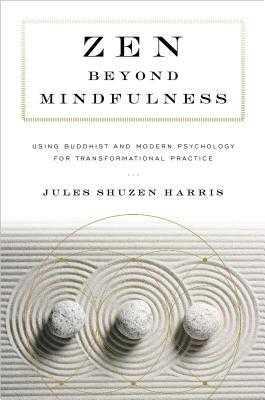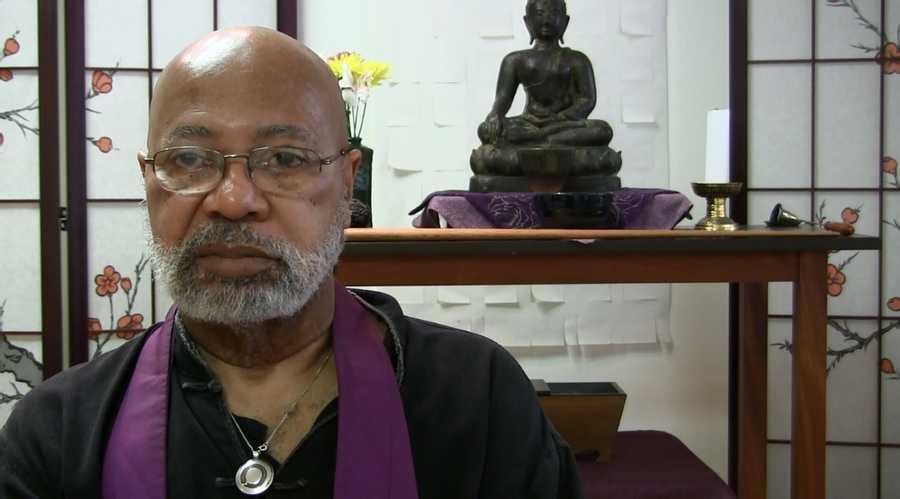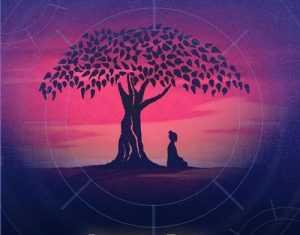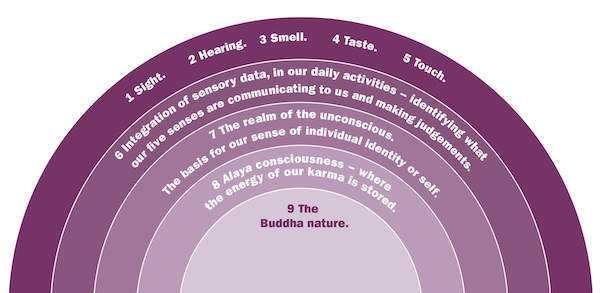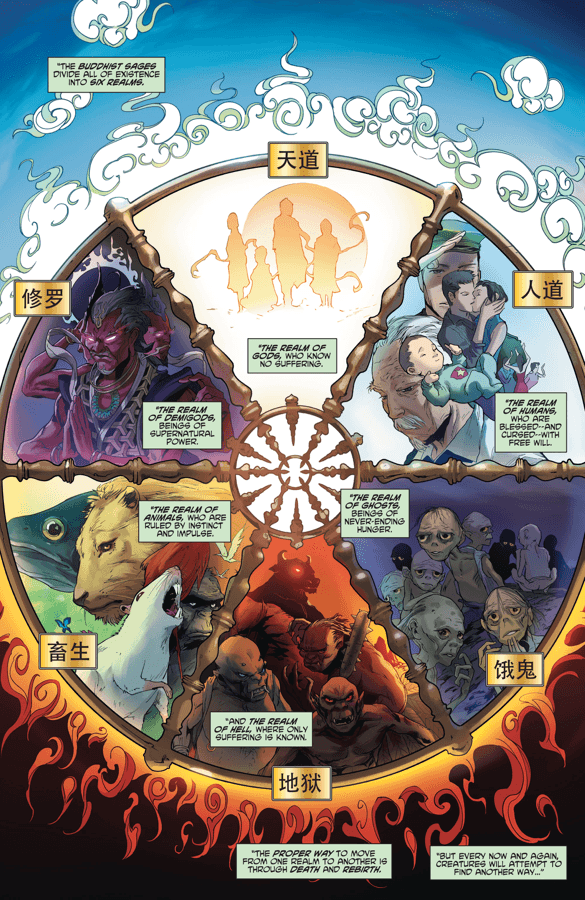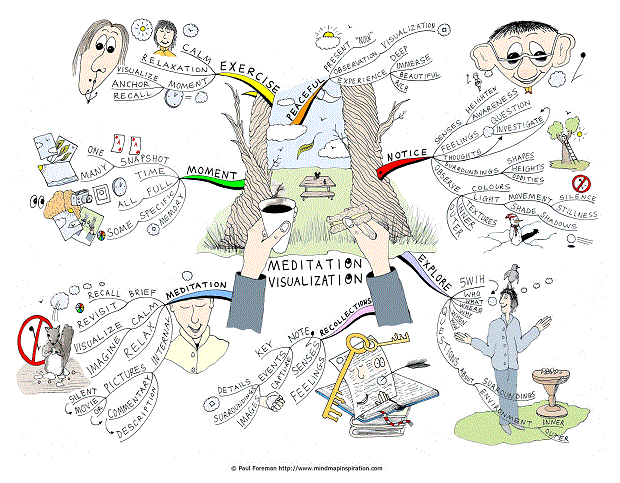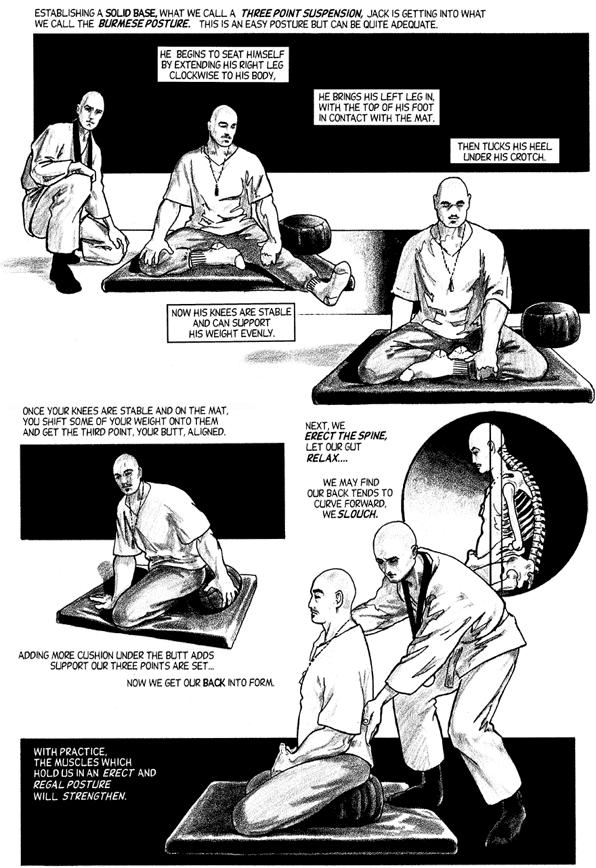Vladimir Oane's Key Ideas from Zen beyond Mindfulness
by Jules Shuzen Harris
Ideas, facts & insights covering these topics:
12 ideas
·30K reads
155
5
Explore the World's Best Ideas
Join today and uncover 100+ curated journeys from 50+ topics. Unlock access to our mobile app with extensive features.
Jules Harris's Beyond Mindfulness
Jules Shuzen Harris, the first African American Zen master, argues that people in the West practice secularised forms of Buddhism or mindfulness, that hide the true meaning of Awakening. He claims mindfulness is also a form of “spiritual bypassing,” avoiding psychological problems in favor of “pretend Enlightenment.”
His method is to apply the Buddhist philosophy using not only meditation, but psychotherapy, mainly the Mind-Body Bridging & the I-System (system that regulates mind-body states by calming your default-mode network).
359
4.71K reads
True Enlightenment vs Mindfulness
To be aware is not about maximising your state of wellbeing (like in mindfulness), but about about realising (your) true Buddha nature. Our ego puts out a constant fight with us & others, but our true nature is one of connectedness. And every time we sit we re-connect with the true reality of the present moment.
Dedicated practice & reaching Enlightenment is a painful process & it's natural to see your ego dissolving as a loss. Quite terrifying actually! It takes a lot of courage & commitment to fight against the ego who is trying to conserve itself.
379
3.66K reads
Jules Harris's Method
For Jules, true enlightenment can still be obtained in the modern world.
- Understand the Buddhist conception of consciousness and the role of ego in it.
- Understand that clinging to a narrative is how the ego fights back. Know the Skandhas, or the sources of suffering.
- Become familiar with the buddhist realms of existence
- Use the realms to make mind-maps, thus combining Zen philosophy and practice with modern psychology.
- Use the maps as a guide towards deeper investigation and as a starting point in Zazen (Zen meditation).
374
2.98K reads
Buddhist Consciousness
Consciousness is unresolved scientific problem. We don't really know what makes us aware. Because it's so hard to define we think of us as made up of matter and spirit. In Buddhism, however, there are 9 level of consciousness:
- 6 senses (touch, hearing, smell, taste, seeing ... & thoughts). Thoughts are considered sensations because they are coming just like the senses.
- Ego: the false feeling there is a static "you".
- Subconsciousness - the part of your mind which operates without your awareness.
- Pure original consciousness based on the Substance. Buddha nature.
395
2.64K reads
Desire And Clinging
We may think Buddhism is about living a world free of desires and pleasures. It's impossible and also not true. Clinging to desire is the problem.
Say you are excited about dining at your favourite restaurant, but when you get there you find it closed. It's ok to want to eat your favourite food, but the real problem is when an unexpected event, like its closing, ruins your day.
361
2.42K reads
Skandhas, Why We Suffer
In Buddhism, it refers to the 5 aggregates of clinging (the source of suffering). To understand them let's think of hearing a person clapping:
- form (or material image, impression) - This is the experience of the clapping sound
- sensations (or feelings, received from form) - Is the clap a plesant or displeasing sound?
- perceptions - Noticing the person clapping
- mental activity or formations - We notice he clapped to gain attention
- consciousness - We remember of a story about clapping
All of these usually happen in less than a second. Experiences are actually made up of multiple groups.
379
2.26K reads
The Six Realms of Existence
For Buddhists, these 6 realms represent all possible states of existence. They were traditionally conceived as real places, but can also be interpreted symbolically:
- Heavenly Realm: Life in heaven is a continual round or pleasure, but finite. Gods ultimately die.
- Demigods Realm: semigods are locked into continual struggle with them. They are primarily driven by envy and greed for power.
- Ghost Realm: Ghosts are are described as tormented by hunger and thirst.
- Animal Realm: Animals are run by instinct.
- Hell Realm: The realm of true suffering, which is hate.
- Human Realm: Human beings with agency
366
2.14K reads
Using mind-maps in Zen
Jules, proposes to adopt mind-maps (a tool in the I-System) and combine them with the Skandhas and the 6 Realms to get to a better understanding of yourself.
- Chose a question from one of the realms. Like "What give me pleasure?". Write on the middle of a blank page.
- Using Zazen or simple reflection write how that manifests in you. Unfiltered map.
- Repeat the next day. Over time, as you explore more questions & as you meditate on these issues you will have a repositories of maps that show your evolution in how you describe your reality.
399
1.94K reads
Using the Six Realms to calm the ego
Jules Harris proposes we interpret the realms psychologically to guide us to make mental maps for ourselves.
- Heaven (pleasure, comfort): What I am addicted to? What are my desires?
- Demigods (jealousy, arrogance, power): How do I defend my happiness? What am I jealous of?
- Ghosts (lust, hunger): Why am I dissatisfied?
- Animals (fear & instinct): What do I fear?
- Hell (hate): What are the triggers for anger & hate?
- Humans (doubt & change): What's on my mind? How can I improve?
You can use meditation to investigate these questions & write the answers as a mind-map.
449
1.8K reads
Stages of Zazen
Zazen, the Zen meditation, can start easy and progress towards complexity:
- Count breaths & exhalations. Breath in - 1. Breathe out - 2. Do it until you get to 10 & restart. If you notice any thoughts just label them.
- Concentrate on full breath cycle. Count only exhalations.
- Concentrate on "pure" breathing. No counting.
- Shikantaza, or simply resting without any thoughts.
- Study a koan, or a Zen riddle like "What is the sound of one hand clapping?". Ideally done with a teacher.
Don't look at these techniques as a progression. You can study koans one session & do counting in the next.
399
1.78K reads
Hints for a better Zazen
- There is no bad Zazen. If you start to appreciate your state or if you get frustrated by your thoughts you are only bringing your ego into the forefront.
- If you get addicted to a good sensation you only get through meditation, you most likely stranded off the path and you should seek support.
- Don't judge your sessions. There is no purpose in Zazen, no good or bad. Just be!
347
1.77K reads
3 conditions for Enlightenment
A Zen student needs 3 foundational conditions:
- True Faith: Have faith that everyone has Buddha nature. have faith that you can get to this truth.
- True Doubt: Doubt what seems to be reality. Most of the time the reality are just construct of your ego.
- Powerful Will: Have persistence to keep on the path when you are troubled, worried, frustrated etc.
365
1.9K reads
IDEAS CURATED BY
Life-long learner. Passionate about leadership, entrepreneurship, philosophy, Buddhism & SF. Founder @deepstash.
CURATOR'S NOTE
Jules Harris, the first African American Zen master, makes an argument to go beyond mindfulness towards a more classical views of Buddhism. His method combines psychological interpretation of Buddhist text with psychology.
“
Vladimir Oane's ideas are part of this journey:
Learn more about philosophy with this collection
How to focus on the present moment
How to improve relationships through mindful communication
How to reduce stress and anxiety through mindfulness
Related collections
Discover Key Ideas from Books on Similar Topics
Read & Learn
20x Faster
without
deepstash
with
deepstash
with
deepstash
Personalized microlearning
—
100+ Learning Journeys
—
Access to 200,000+ ideas
—
Access to the mobile app
—
Unlimited idea saving
—
—
Unlimited history
—
—
Unlimited listening to ideas
—
—
Downloading & offline access
—
—
Supercharge your mind with one idea per day
Enter your email and spend 1 minute every day to learn something new.
I agree to receive email updates
